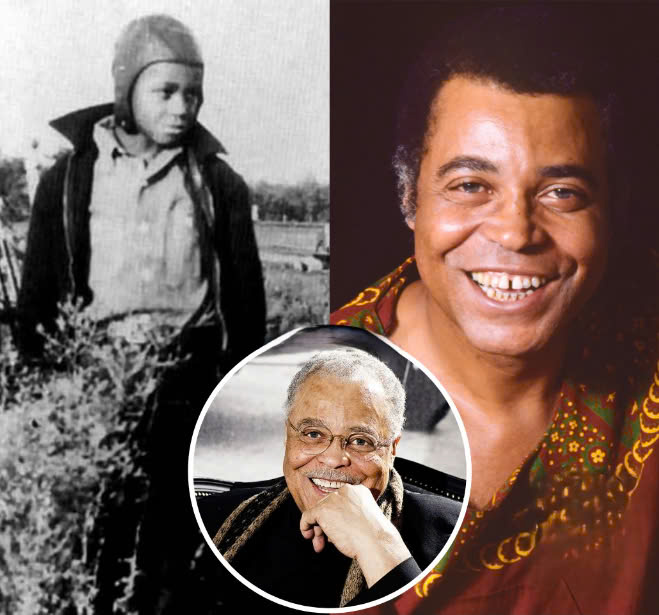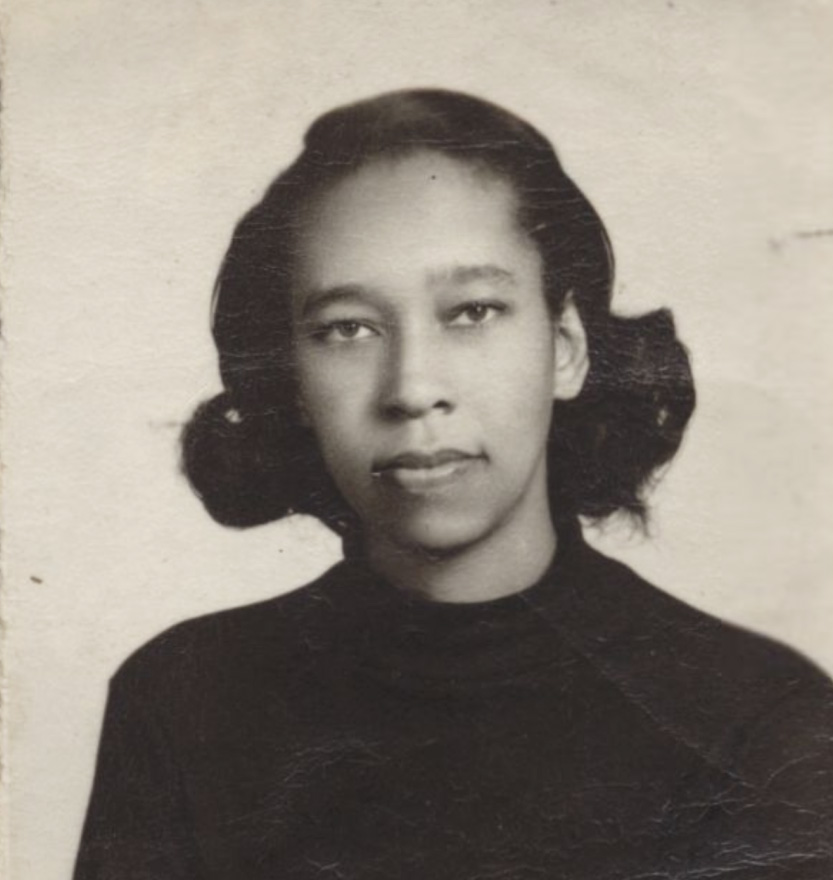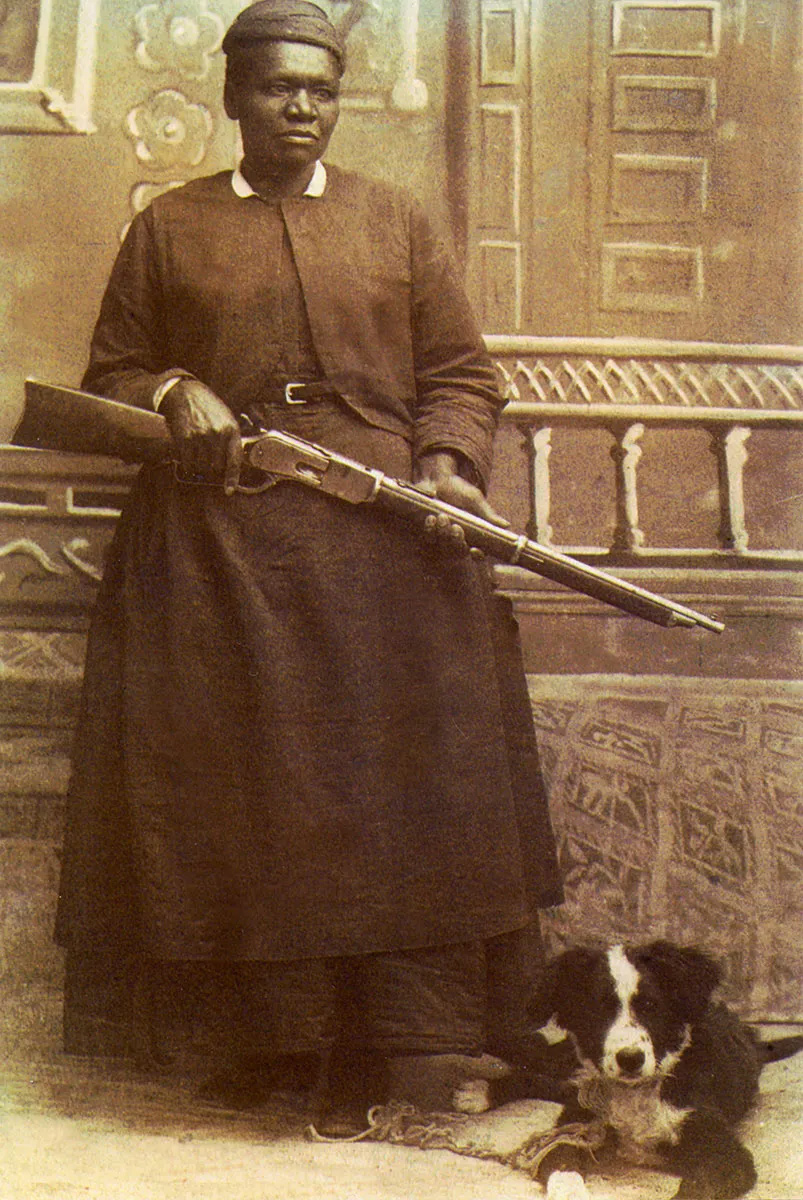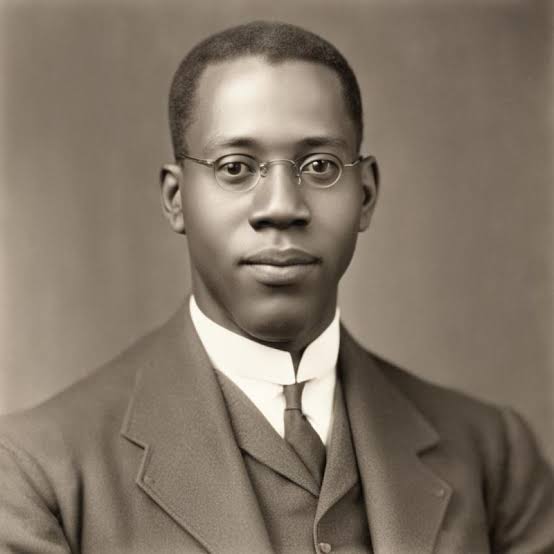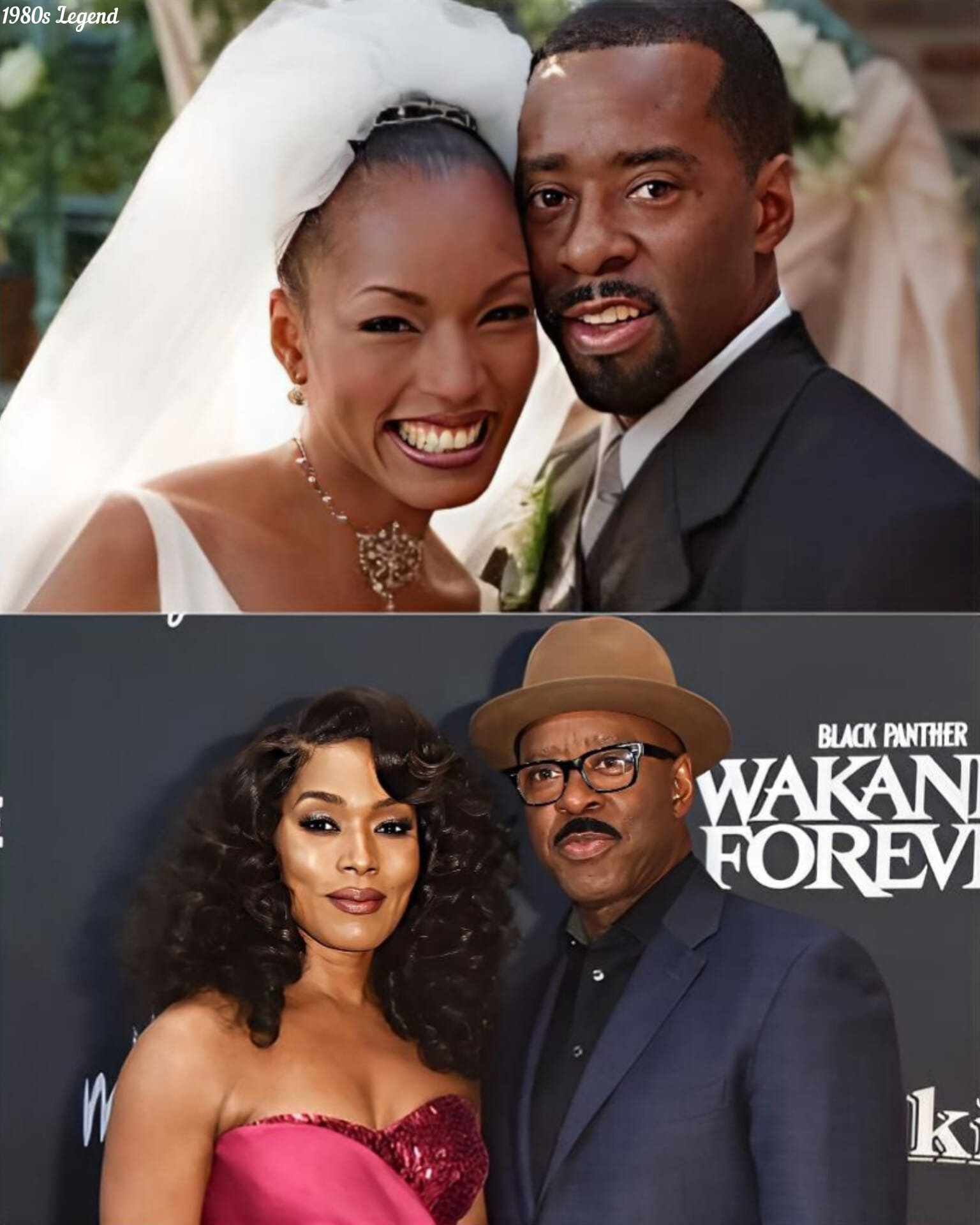Grammy Award-winning artist Maxwell has been credited for spearheading the neo-soul movement
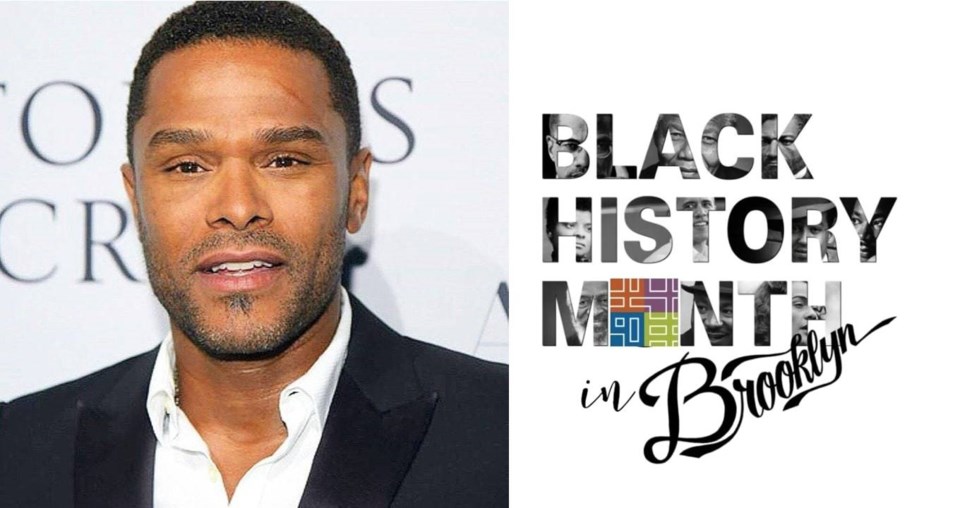
Maxwell. Photo credit: Maxwell/ FBListen to this article00:05:26
Maxwell was 𝐛𝐨𝐫𝐧 May 23, 1973, in Brooklyn. Born to a Puerto Rican father and a Haitian mother, Gerald Maxwell Rivera suffered the loss of his father (in a plane crash) when he was just three years old.
The experience made him a deeply religious 𝘤𝘩𝘪𝘭𝘥, and he first began singing in his Baptist church. Still, he didn’t really get serious about music until age 17, when he began writing his own songs using a cheap Casio keyboard given to him by a friend.
He was initially influenced by early-’80s R&B acts like Patrice Rushen, the S.O.S. Band and Rose Boyce.
By 1991, Maxwell was performing on the New York City club circuit. He waited tables and saved his tips to record a demo. Over the next few years, he wrote and recorded more than 300 songs and continued playing at venues around the city.
He had created enough of a buzz that he was signed by Columbia Records in 1994. He adopted the stage name Maxwell, his middle name, out of respect for his family’s privacy, and immediately began working on his debut album Maxwell’s Urban Hang Suite. After a year-long delay due to management issues at Columbia, Maxwell’s Urban Hang Suite was released in 1996, a concept album that follows a romance from the first encounter to the last.
The album achieved No. 36 on the Billboard 200 and stayed on the chart for 78 weeks. Maxwell scored some airplay with “Til the Cops Come Knockin’.” The gold-selling second single “Ascension (Never Wonder)” lit the fuse, however, and Urban Hang Suite went platinum before a year had passed. Time, Rolling Stone and USA Today ranked it one of the year’s best albums, and it also earned Maxwell a Grammy nomination for Best R&B Album.
With a successful album under his belt, Maxwell was asked to tape a show for an episode of MTV Unplugged, an honor usually reserved for well-established musicians. The show was recorded in June 1997. Maxwell performed his own songs, as well as covers of the Nine Inch Nails’ “Closer” and Kate Bush’s “This Woman’s Work.”
He released a seven-song “MTV Unplugged” EP that year. Additionally, the Unplugged version of “Whenever, Wherever, Whatever” earned him another Grammy nomination for Best Male Pop Vocal.
After Unplugged, Maxwell issued his highly panned album Embrya in 1998. In 1999, Maxwell scored his biggest hit to date with the single “Fortunate,” an R. Kelly composition he recorded for the soundtrack of the film Life. It was a mammoth success, ranking as the number one R&B hit of the year in Billboard. Later that year, he also cut two songs for the soundtrack of The Best Man.
Maxwell was experimenting with his sound, as were a few other artists at the time, to further the R&B subgenre “neo-soul.” Despite heavy criticism, it sold more than one million copies. He followed up with Now in 2001, which became his first No. 1 album.
After the release of Now, Maxwell embarked on a nearly seven-year hiatus during which he spent no time making music. After seven years off the grid, Maxwell made a surprise reappearance when he performed at the 2008 BET Awards, singing “Simply Beautiful” as a tribute to soul legend Al Green. The singer’s signature dreadlocks and sideburns were gone, and he had adopted a more mature look.
A handful of intimate gigs, and another BET Awards performance prefaced his fourth studio album, BLACKsummers’night, released in July 2009. The album was lauded by critics and it was a commercial success, debuting at No. 1 on the Billboard 200. It was bolstered by the singles “Pretty Wings” and “Bad Habits.”
In 2010, Maxwell was nominated for six Grammy Awards, including “Song of the Year. “BLACKsummers’night” earned Maxwell his first Grammy Awards, one for Best R&B Album and one for Best Male R&B Vocal Performance for “Pretty Wings.”
Though the similarly titled blackSUMMERS’nightwas planned for release as early as 2011, Maxwell took his time. The album wasn’t issued until July 2016, just a few days after he took part in a BET Awards tribute to Prince, and featured much of the same studio personnel, along with contributions from Robert Glasper.
Along with fellow founders D’Angelo and Erykah Badu, Maxwell was enormously important in defining and shaping the neo-soul movement that rose to prominence over the latter half of the ’90s. Drawing his greatest inspiration from the concept of the R&B auteur (looking to artists like Prince, Marvin Gaye, Stevie Wonder, etc.), Maxwell recorded some of the most ambitious R&B of his time, becoming wildly popular and often earning critical raves in the process.
Maxwell, we acknowledge your enormous talents, and we honor your contributions.
